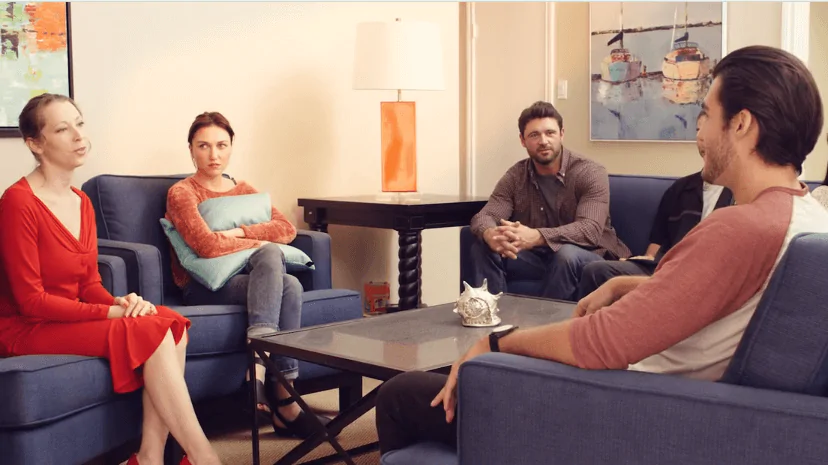24/7 Helpline:
(866) 899-221924/7 Helpline:
(866) 899-2219
Learn more about Prescription drug Rehab centers in Mecosta
Prescription drug Rehab in Other Cities

Other Insurance Options

Premera

Regence

Oxford

UnitedHealth Group

MVP Healthcare

MHNNet Behavioral Health

Optima

Carleon

Health Partners

Health Net

CareSource

Ceridian

Access to Recovery (ATR) Voucher

American Behavioral

Medical Mutual of Ohio

Highmark

Horizon Healthcare Service

CareFirst

Sliding scale payment assistance

Evernorth




Ten16 Recovery Network
Ten16 Recovery Network has a proud history of providing services to people impacted by substance use...

Community Mental Health Services
Community Mental Health Services is a public rehab located in Big Rapids, Michigan. Community Mental...

Nova Counseling Associates
Nova Counseling Associates is a private rehab located in Big Rapids, Michigan. Nova Counseling Assoc...


























































































































